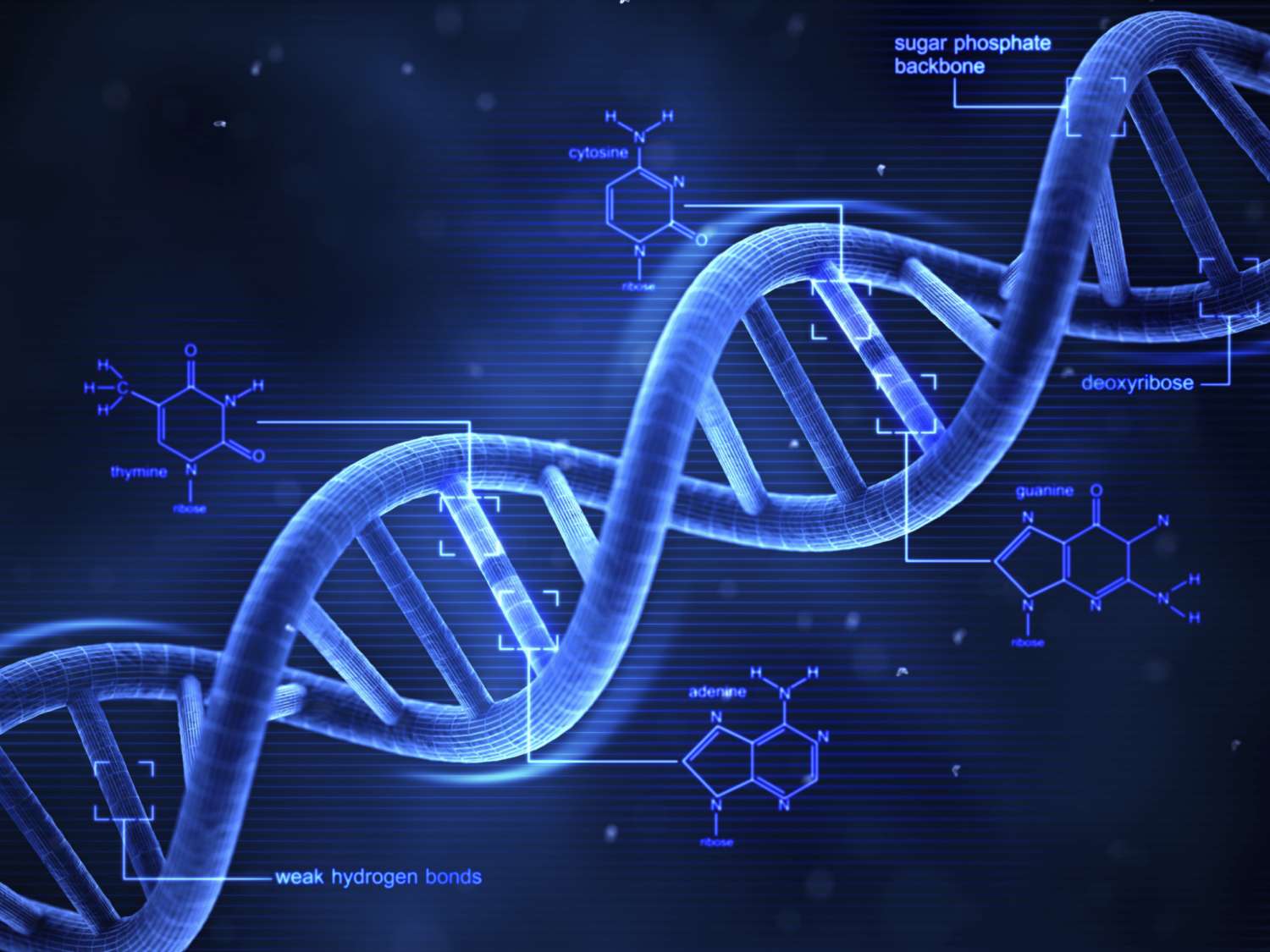July 26, 2025

In a discovery that challenges decades of biological dogma, researchers have found that portions of the human genome once considered “junk DNA” actually play essential roles in regulating gene activity.
For years, vast stretches of non-coding DNA—regions that don’t encode proteins—were thought to be evolutionary leftovers. But a new study published in Cell shows that these regions act as critical switches, turning genes on or off in response to environmental and developmental signals.
Using high-resolution sequencing and machine learning models, the research team identified specific non-coding sequences that bind to transcription factors—proteins that control gene activity. Disrupting these sequences in lab experiments resulted in abnormal gene expression and cellular dysfunction.
“This discovery flips the script on how we view the genome,” said Dr. Luis Mendoza, lead author of the study. “These non-coding regions are like the operating system for our DNA. Without them, the whole system malfunctions.”
The findings may help explain previously mysterious genetic diseases and could pave the way for new therapies that target gene regulation instead of the genes themselves.
This revelation underscores a broader shift in genomics: understanding not just the parts list of the genome, but how it’s orchestrated—and how even the so-called “silent” segments are vital to life.